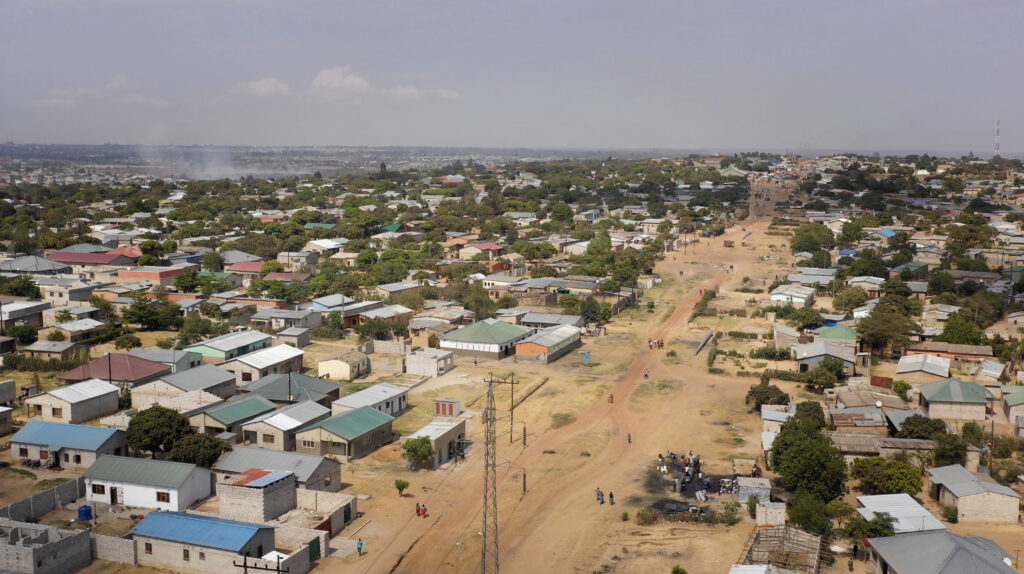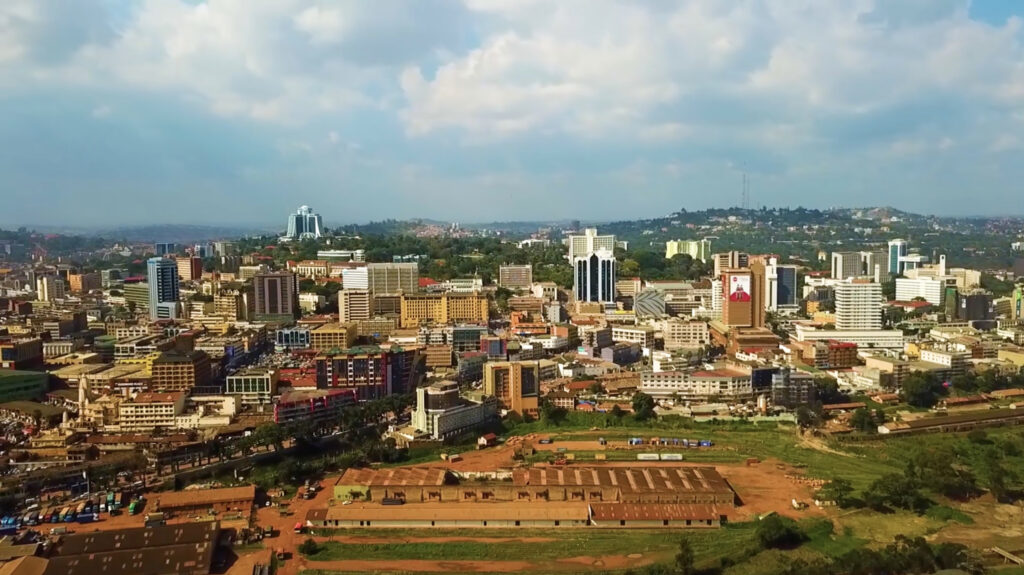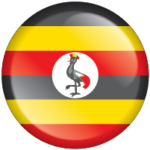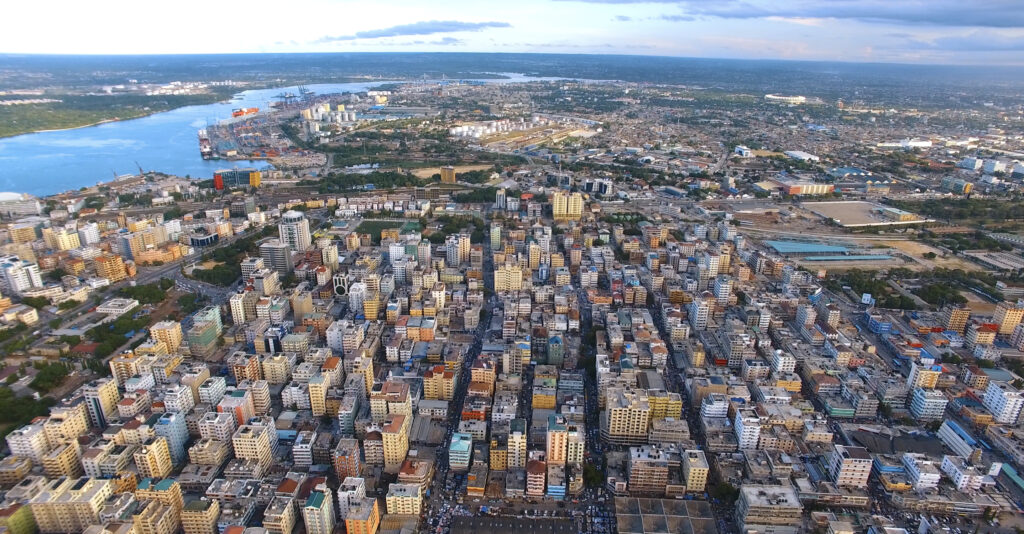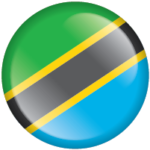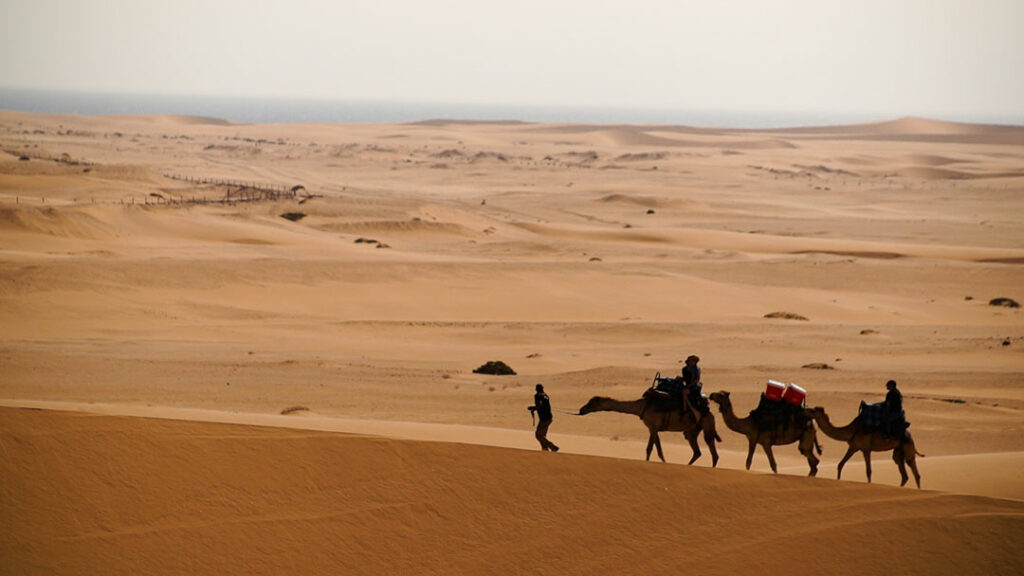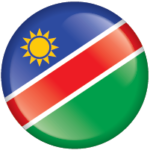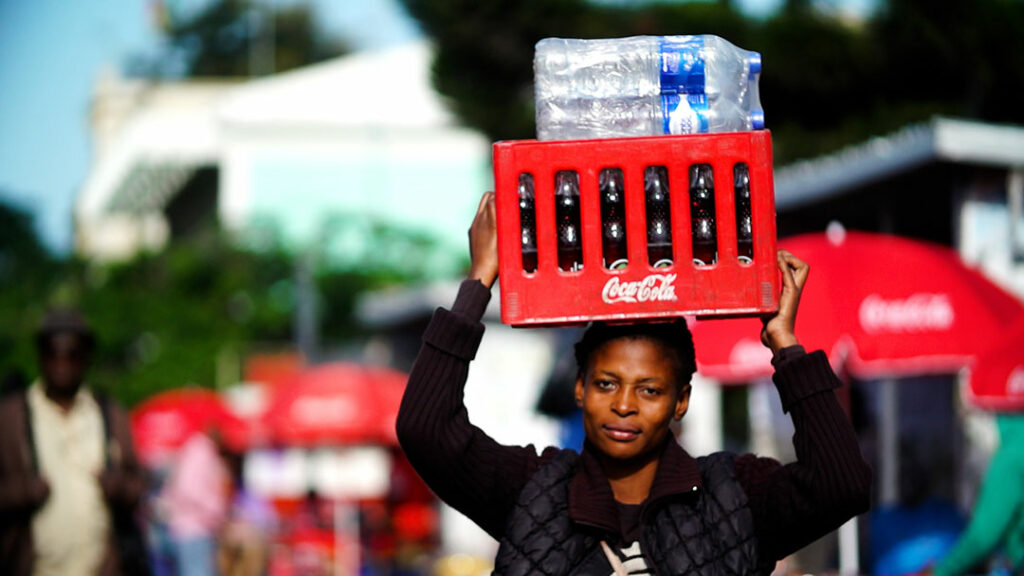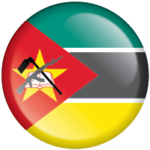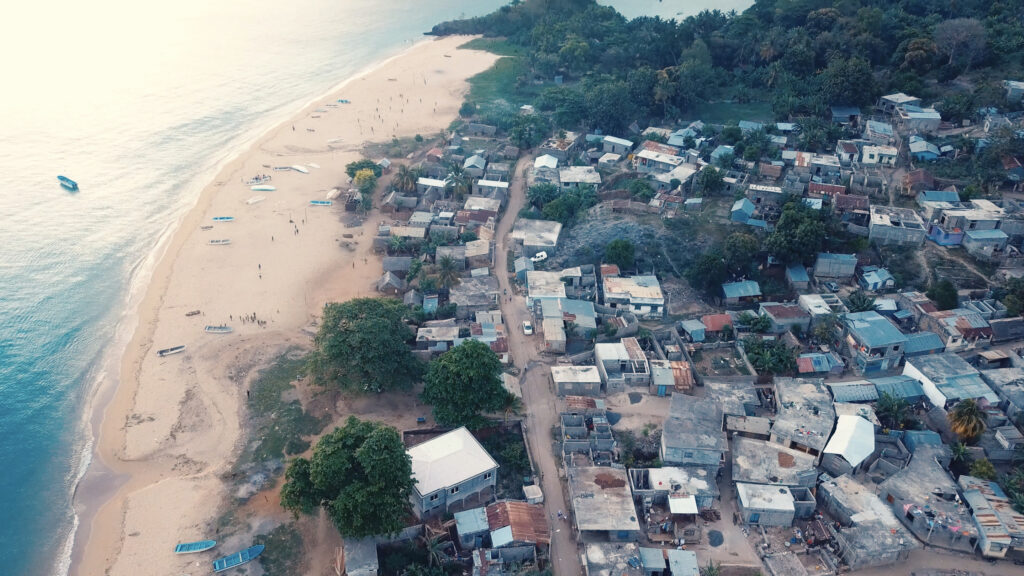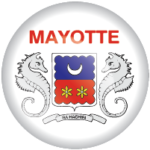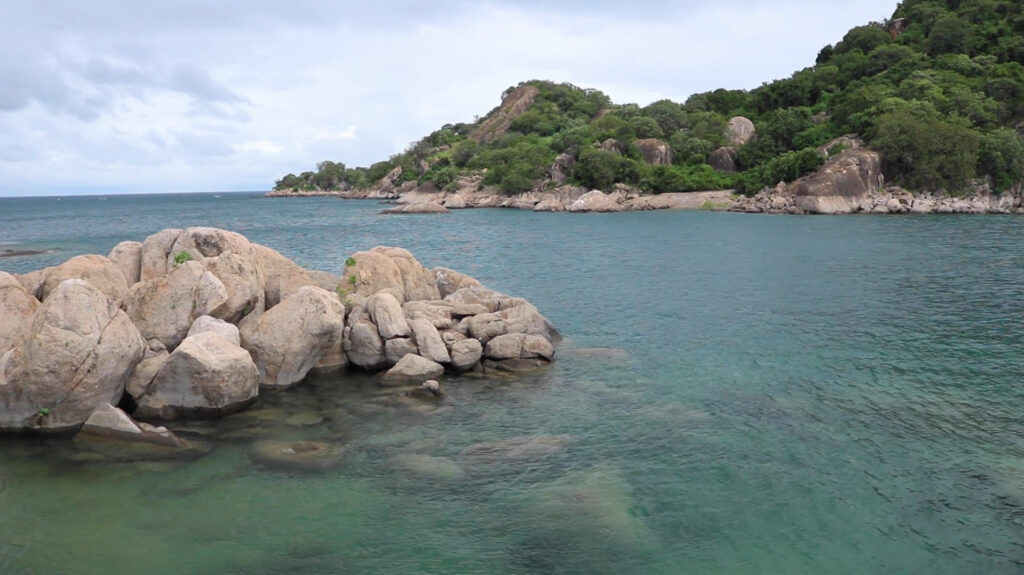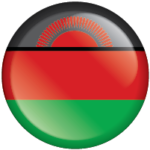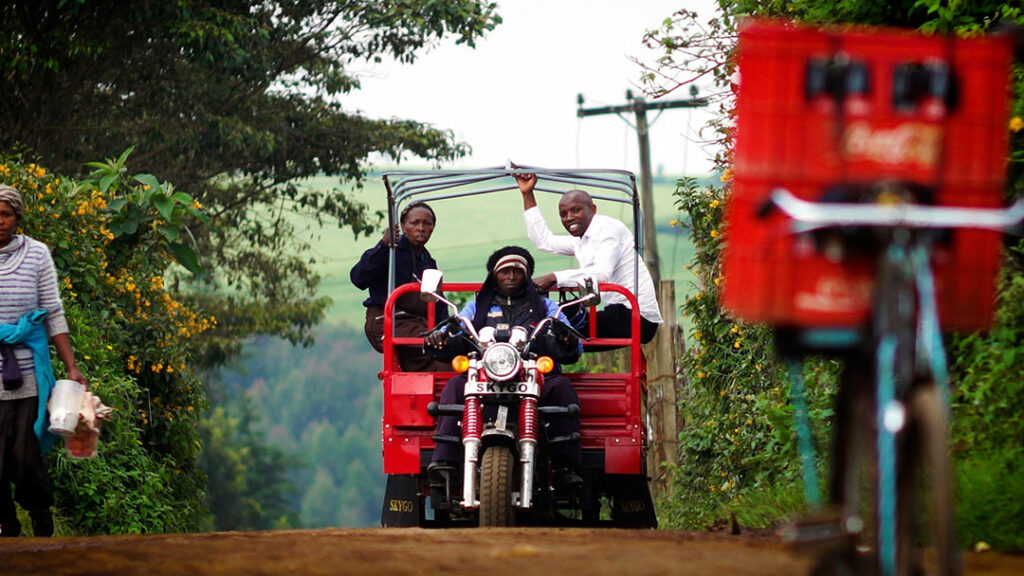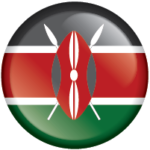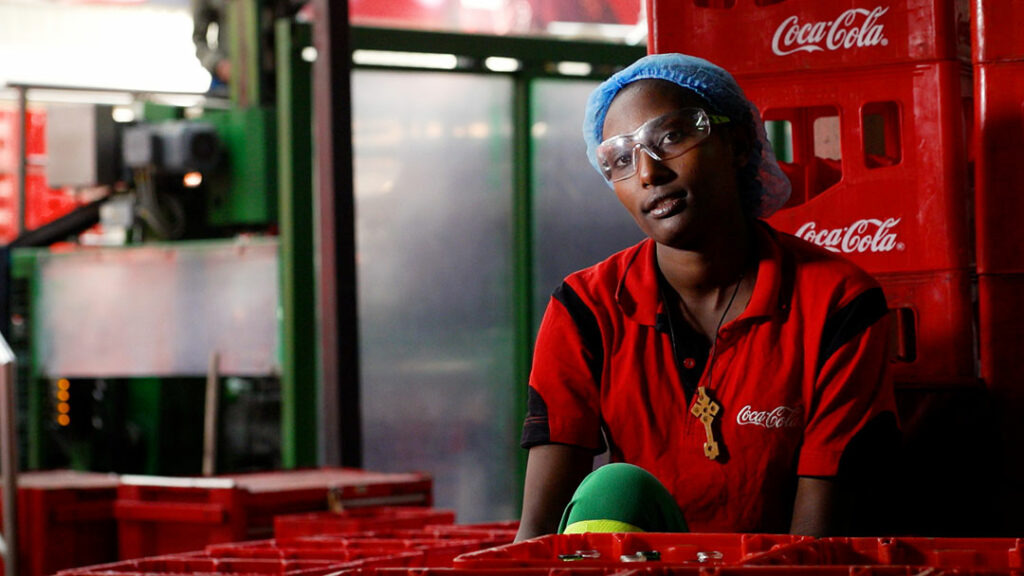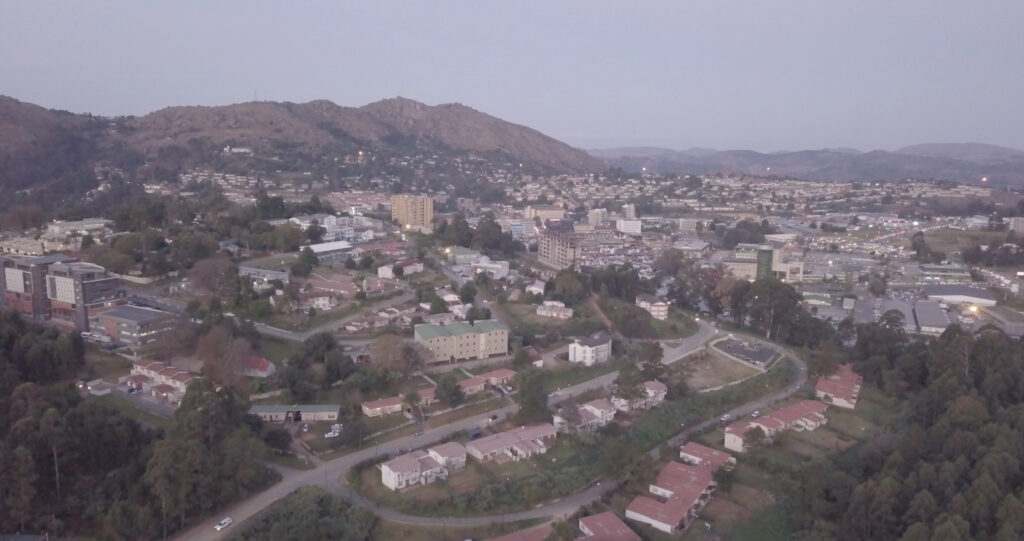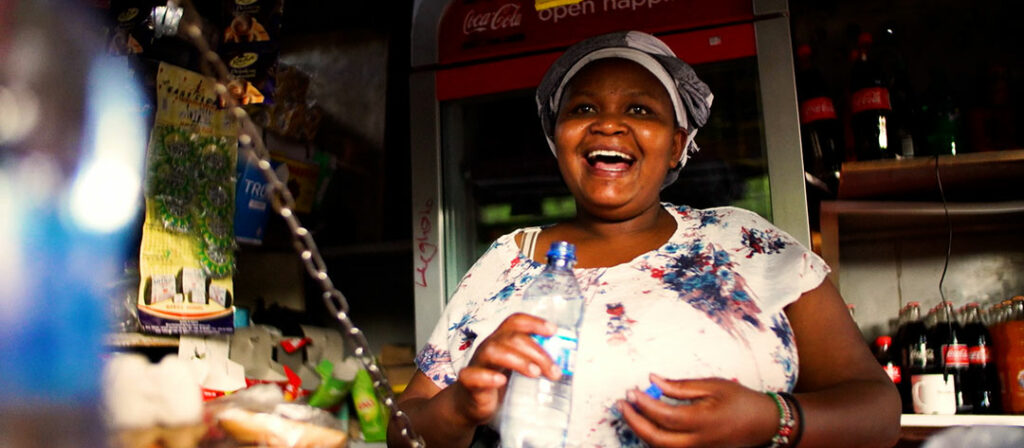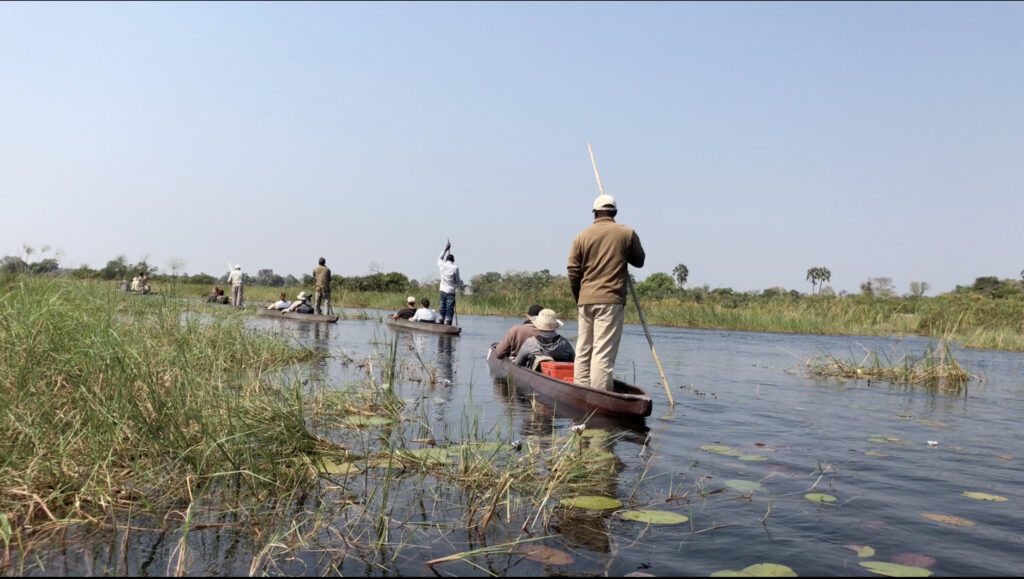Opinion editorial by Jacques Vermeulen, CEO Coca-Cola Beverages Africa
Water is essential for life, it is a scarce resource in many parts of Africa, and it is also the first ingredient in the products made by Coca-Cola Beverages Africa (CCBA). Plastic, on the other hand, has become an indispensable part of modern life, especially in its role as a hygienic, affordable, lightweight and convenient packaging material for food and beverage products, yet is also a threat to the sustainability of the continent’s water sources.
Africa is blessed with some of the world’s most significant freshwater bodies, including the Nile, the Congo, and the Niger. These water systems support agriculture, human settlements and economic activity for millions of people, as well as being vital habitats for aquatic life.
Unfortunately, plastic waste pollution is threatening the health and sustainability of these water bodies. According to a study by the United Nations Environmental Programme (UNEP), approximately 20% of plastic waste in Africa ends up in water bodies.1 This includes single-use plastic bags, bottles, straws, and other non-degradable plastic materials that are harmful to aquatic ecosystems.
The issue is compounded by poor waste management systems, pervasive waste littering by consumers and a lack of suitable waste management infrastructure, leading to plastic waste being indiscriminately dumped into water bodies. There is also a lack of awareness about the impact of plastic waste on the environment, with the result that many people don’t know how to dispose of plastic waste properly.
Responsible water stewardship and managing plastic waste therefore go hand in hand.
CCBA, together with The Coca-Cola Company, are leaders in using water responsibly in our operations and giving it back. We continue to manage water resources through country projects that reduce water use in our operations, protect local water resources and provide safe, clean drinking water to communities in need.
Across all our facilities, we conduct thorough assessments of local water resources and put water protection plans in place so our presence doesn’t harm communities’ vital water resources.
Because people need water to thrive, we support local water access projects that help bring safe, clean drinking water to communities in need.
We are also working hard to address the amount of water used to grow the ingredients for our drinks. We continue to study the water needs of our agricultural ingredients and water protection practices are clearly outlined in The Coca-Cola Company’s Sustainable Agriculture Guidelines.
As an example of how CCBA supports access to safe drinking water for communities, in Tanzania we have partnered with the Water and Development Alliance (WADA) Tanzania: Entrepreneurship for Resilient Village Water Systems since 2018. CCBA in Tanzania enabled 70,000 rural Tanzanians in 14 communities countrywide to have safe water access through solar-powered water systems.
With regard to plastic waste, our commitment is to invest in our planet and our packaging, to help make the world’s packaging problem a thing of the past. We work in partnership with The Coca-Cola Company which launched a sustainable packaging initiative called World Without Waste in 2018.
The global targets include:
- Help collect a bottle for every one we sell by 2030
- Focus on making all our packaging 100% recyclable by 2025
- and make 25% of our packaging reusable by 2030
Regardless of where it comes from, we want every package to have more than one life.
We believe that industry led and managed Extended Producer Responsibility (EPR) is a sustainable funding approach which ensures that producers of brands take full responsibility for the choice of packaging they place on the market, and enable the collection and recycling value chain for packaging.
Coca-Cola and other like-minded industries came together in 2004 to set up such an industry funded and self-regulated EPR scheme, the PET Recycling Company (PETCO) in South Africa, to promote and regulate the recycling of PET plastic, taking responsibility for recovering and recycling beverage PET plastic bottles. If done the right way, PET waste management comes with significant investment and economic opportunities.
The PETCO model has proven so effective it is now being rolled out to eight other African countries.
To increase consumer and community awareness and clean up existing packaging, we’re bringing people together through programmes like beach and river clean ups and other ongoing local activities. To encourage more people to recycle more often, we’re investing to help people understand what to recycle, how to recycle, and where to recycle.
And we are reimagining our packaging to make it better for our planet and our business. We’re working to build better bottles because packaging shouldn’t harm our world. Simply put, our consumers should be able to recycle our packaging.
We are working to make packaging part of a circular economy, placing a strong emphasis on packaging design, and expanding the use of clear and returnable plastic bottles.
We are well on our way to achieving our ambition of a 100% recycling rate. As at the end of 2021, Coca-Cola Beverages Africa achieved a 84% collection and recycling rate (industry 41%). Leading countries are Kenya (141%), Ethiopia (138%), Tanzania (95%) and Zambia (92%).
The problem of plastic waste in Africa, and its impact on water resources, requires concerted efforts from governments, corporates, civil society organisations and individuals. By working together, we can create a more sustainable future for African water bodies and the communities that depend on them.
*Update* On December 2, 2024, The Coca-Cola Company announced updated voluntary environmental goals. Read more here: The Coca-Cola Company Evolves Voluntary Environmental Goals
References:
- UNEP (2018). Single-use plastics: A roadmap for sustainability. https://www.unep.org/resources/report/single-use-plastics-roadmap-sustainability
